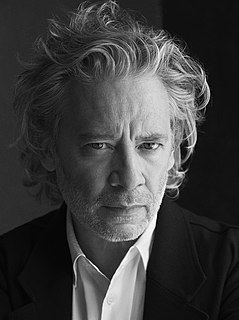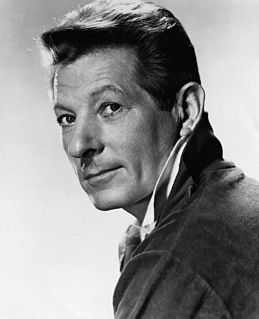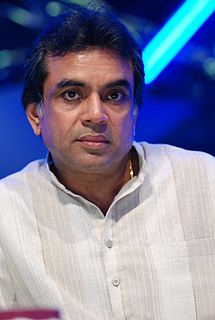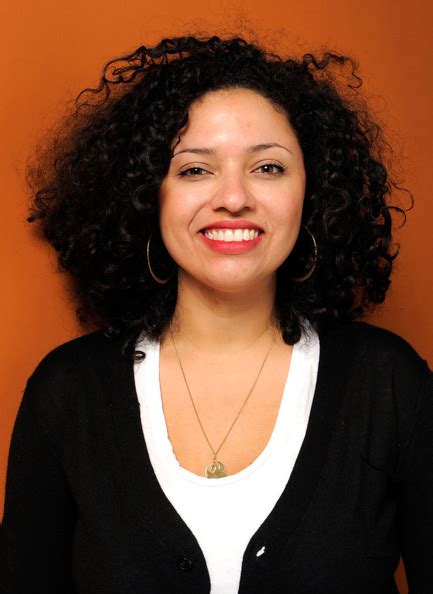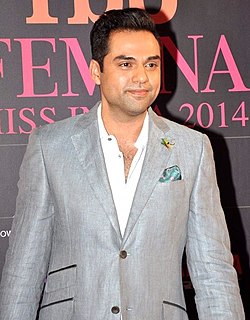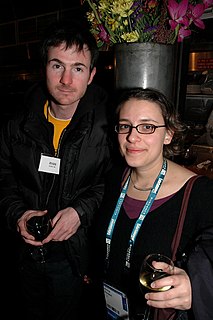A Quote by Dexter Fletcher
I was turning up at sets where inexperienced people were making these badly written films - but they were doing it; that was the point. They were getting their films out there. And they were paying me, so they obviously had access to money. I just thought, 'I can make something better than this.'
Related Quotes
Sitting in the darkness of the cinema, I got to see another world. This imaginary world was a refuge for many of us. Of course, the films were controlled and censored by the regime. But I still thought, around this time, that maybe making films would be good for me. I thought of expressing myself through this medium, and of doing something for the Kurds. The options were clear: either I'd work as a lawyer under the Baath regime or make movies independently.
When I was around 12 or so, I saw 'The Shining.' I just remember that being a turning point for me, where I started to think about the fact that there was a hand behind the film. That it wasn't just this magical story being told - there were actual people crafting these films, and they were works of art.
I could never be Charlie Chaplin. But the films that were made by people like him, or Gene Wilder, or John Candy, the people that inspired me so much were the people that were able to combine humor with heartbreak so beautifully and fluidly. Those films I think were what inspired me to want to come to L.A. and audition for movies.
I had written three books [Games of Throne], at that point, and each one of them was better than the other. At a certain point, as the books were doing well, I started getting interest from Hollywood, from various producers and studios who were initially interested in doing a feature film. I met with some of those people and I had phone conversations with some of those people, but I didn't see it being done as a feature film.
The films that I loved growing up were the science fiction films from the late seventies and early eighties [films], which were more about the people and how they are affected by the environments that they are in. Whether they are sort of futuristic or alien of whatever they are; that was the science fiction that I loved. So that is what we tried to make, the sort of film that felt like those old films.
